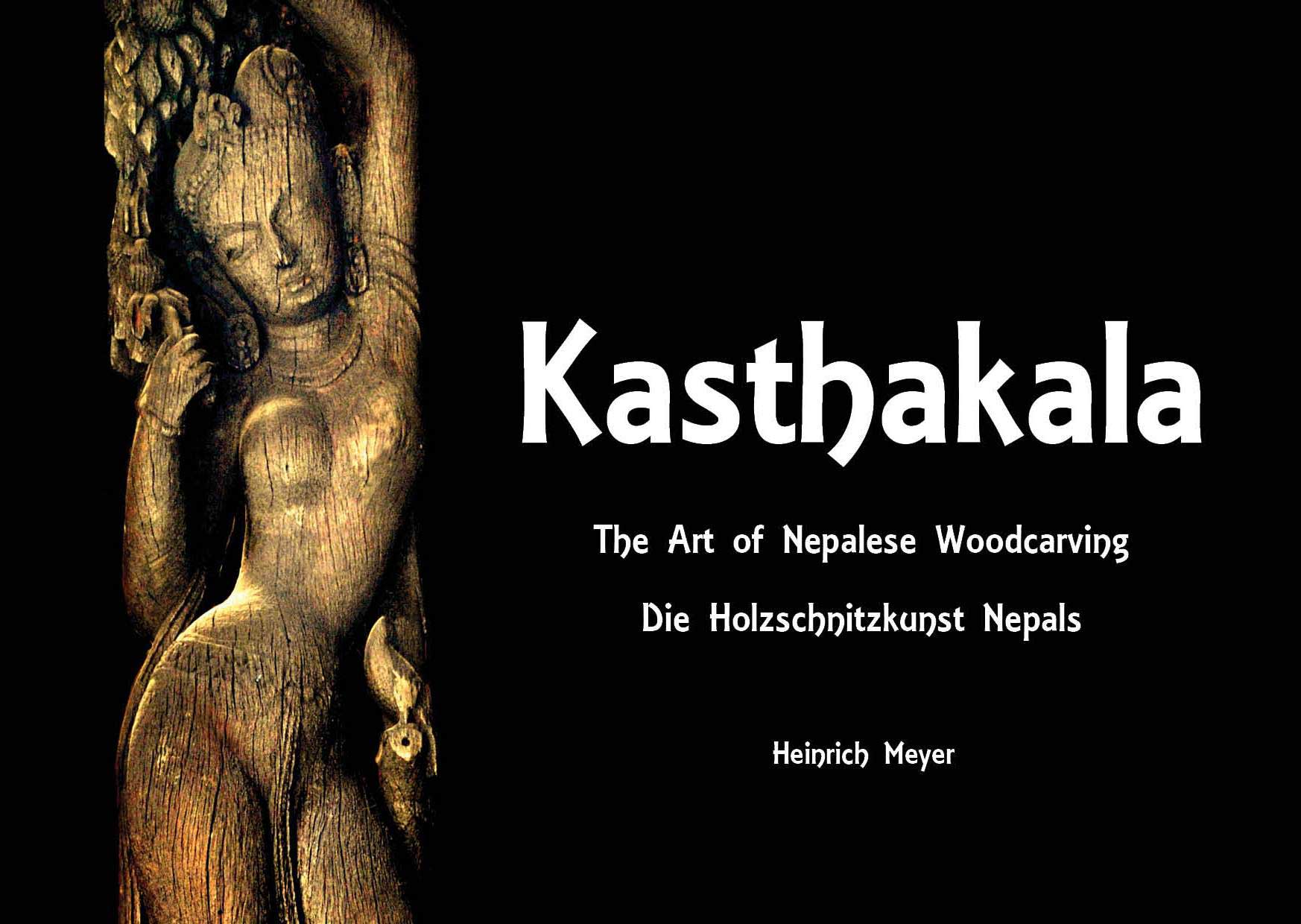As we walk past or drive past the large building that houses the Election Commission, we may want to remember history and the person who used to reside in it. The Election Commission is today housed in a beautiful building that was once the home of Bahadur Sumshere Rana, the second son of then Prime Minister Juddha Sumshere Rana. In 1934, Bahadur Shumsher, traveled to the UK to confer a medal from Nepal to King George V. On this trip he was successful in getting the British government to allow the Nepali government to open an embassy in London and he became the first Nepali ambassador to the UK. The choice of property was a good one as you can see when one visits London.
 Following this landmark trip, in May of 1934, Sir Clendon Daukes arrived in Kathmandu to present his credentials to King Tribhuvan at the Gaddi Baithak as the British ambassador to Nepal. This was hailed as a bigger success than the Nepal – UK friendship treaty that Chandra Shumsher was able to pull off with the British in 1923. Thus started a long and close relationship between the two countries; which were at war with each other between 1814-16. It is fascinating to dig into and get a closer look at the life and achievements of the man whose house is used by the election commission today.
Following this landmark trip, in May of 1934, Sir Clendon Daukes arrived in Kathmandu to present his credentials to King Tribhuvan at the Gaddi Baithak as the British ambassador to Nepal. This was hailed as a bigger success than the Nepal – UK friendship treaty that Chandra Shumsher was able to pull off with the British in 1923. Thus started a long and close relationship between the two countries; which were at war with each other between 1814-16. It is fascinating to dig into and get a closer look at the life and achievements of the man whose house is used by the election commission today.
Bahadur Sumshere was born in 1892AD at Jawalakhel Durbar, second son of Juddha Shumshere. During the 1934 earthquake he headed the “Nepal Development Board” which was responsible for restoring houses, temples and roads of Kathmandu valley. He was the first Director General of Nepal Bank established in 1938AD. He commanded 8000 Gorkha soldiers for 3 years to help British Government in Delhi during the Second World War. He then became Director General of Foreign Affairs after returning home. He was also the chairman of the constitution reform committee in 1947AD during the Prime Ministership of Padma Shumshere. He was awarded with numerous medals and honours from both Nepali and British government for strengthening the relationship between the two countries.
Bahadur Bhawan, like so many other properties around town was nationalized after the end of Rana rule in 1950. For a while it was converted into the famous Grand Hotel. That is a different Heritage Tale…What would be good is to have a small area of this historical building dedicated to telling the story of this very illustrious personality. Today we need frequent elections in Nepal so that we can sort out the good politicians from the bad. We want to reap the benefits of competition between political parties instead of collusion for resources through the “all party” mechanism. The people want to be in charge. People in general seem to have had a good experience with their local elected governments and have started to miss them. The Nepali people have been practicing their right to vote for a long time now. The only problem is that elections are not regular, like so many other things in this country…










